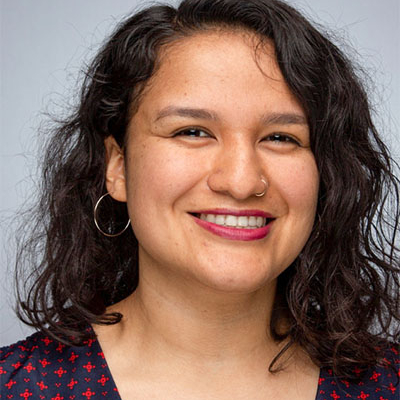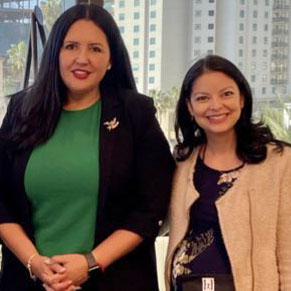Posts

Advancing Data Equity for Latino Communities
In a step towards advancing data equity for underserved communities…

UCLA LPPI Centers Latinas in the Struggle for Reproductive Freedoms
UCLA LPPI Centers Latinas in the Struggle for Reproductive Freedoms…

The Role of Hispanic Serving Institutions in Preparing the Leaders of Tomorrow
The Role of Hispanic Serving Institutions in Preparing the…

UCLA LATINO POLICY AND POLITICS INSTITUTE ANNOUNCES INAUGURAL LATINO APPLIED POLICY RESEARCH AWARDS
By Jose Garcia, Policy Fellow at the UCLA Latino Policy and…

LPPI Presents “In Conversation: An Interview With Weingart Foundation CEO Miguel Santana”
By Alise Brillault, Latino Policy & Politics Initiative Communications…

